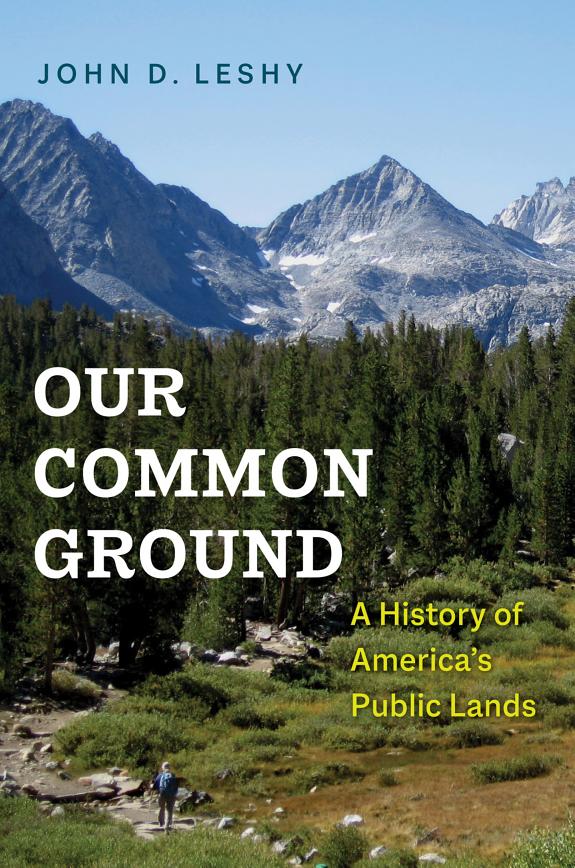We look at how to sustainably mitigate urban flooding in the mist of climate crisis.
Altering how we think of hardscape in urban design to manage water drainage. [ dur: 30mins. ]
- Gary Brierley is Professor of Environment at University of Auckland, NZ. He is the author of River restoration as a sociocultural process: A case study from the Waimatā Catchment, Aotearoa New Zealand and Truths of the Riverscape: Moving beyond command-and-control to geomorphologically informed nature-based river management
- Timothy Welch is a senior lecturer on Architecture and Planning at University of Auckland, NZ.
Then we look at Land Back movement to repossess land by local farmers taken by corporations and state. Book author David E. Gilbert interview of his book Countering Dispossession, Reclaiming Land – A Social Movement Ethnography. Specifically, looking at Land Back effort in Casiavera village on the island of Sumatra, Indonesia. This is one of many Land Back movements in the world. [ dur:28mins. ]
You can find other land back movements at La Via Campesina website, which supports Food Sovereignty among Pheasant Farmers.
- David Gilbert is postdoctoral research fellow in the Institute of Environmental Science and Technology at the Autonomous University of Barcelonais. He is an environmental anthropologist with a special interest in social movements, ecological change, and post-development theory.
This program is produced by Doug Becker, Ankine Aghassian, Maria Armoudian and Sudd Dongre.
Podcast: Play in new window | Download
Subscribe: RSS

